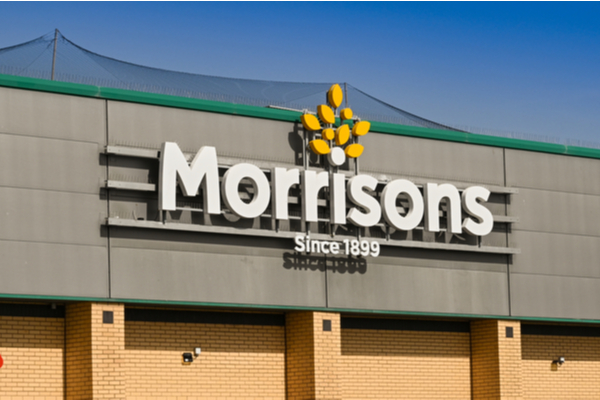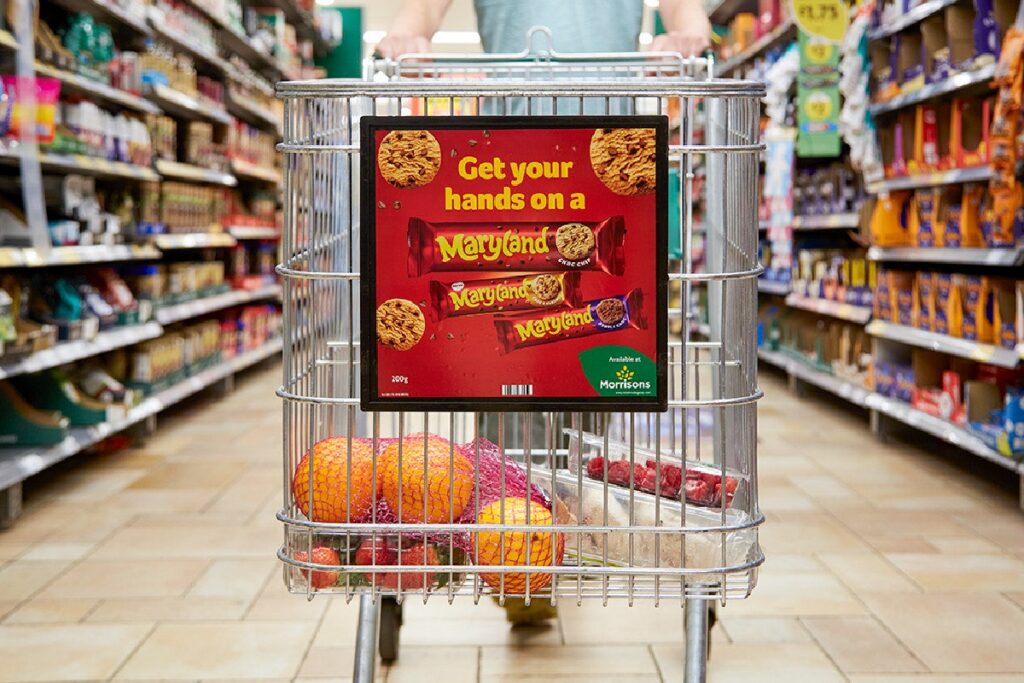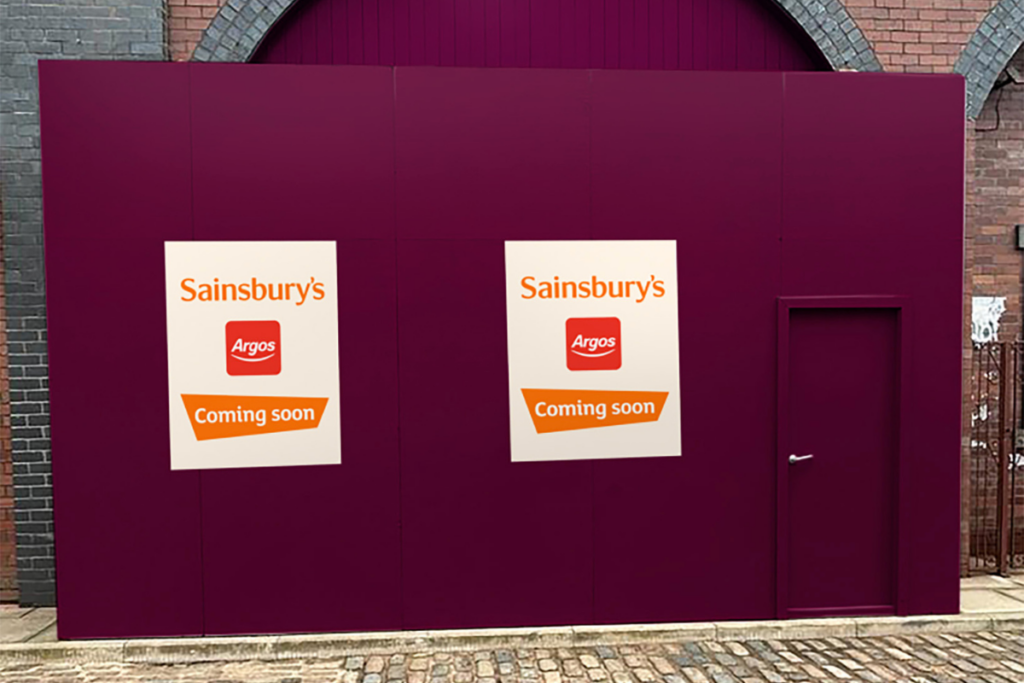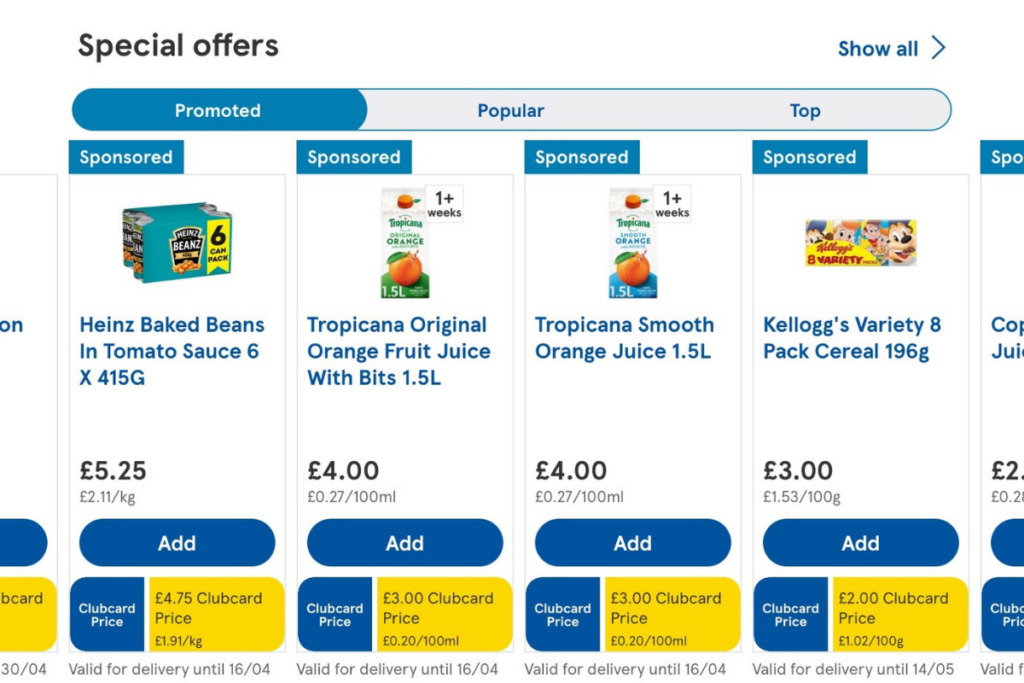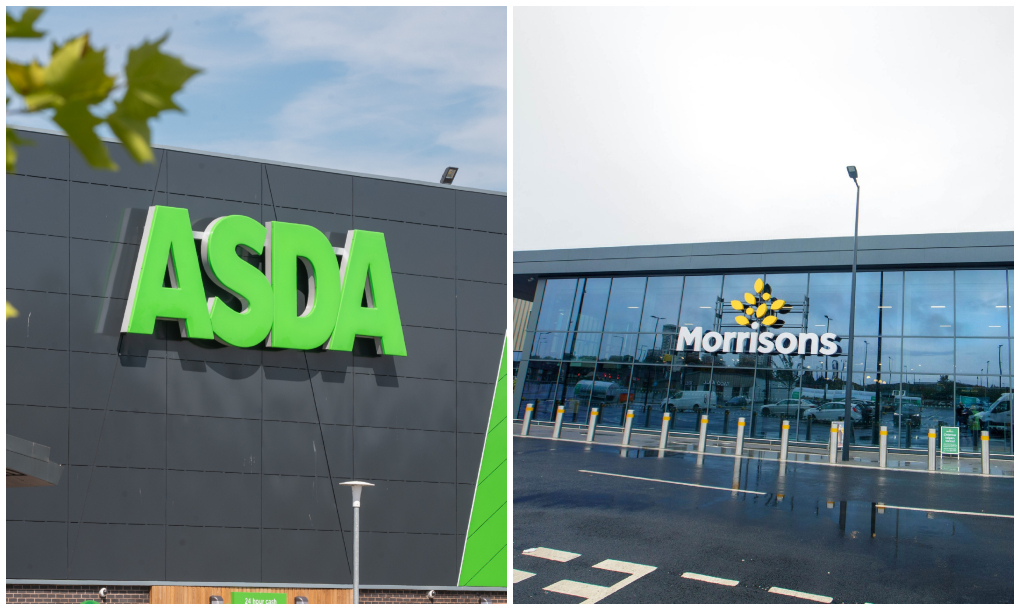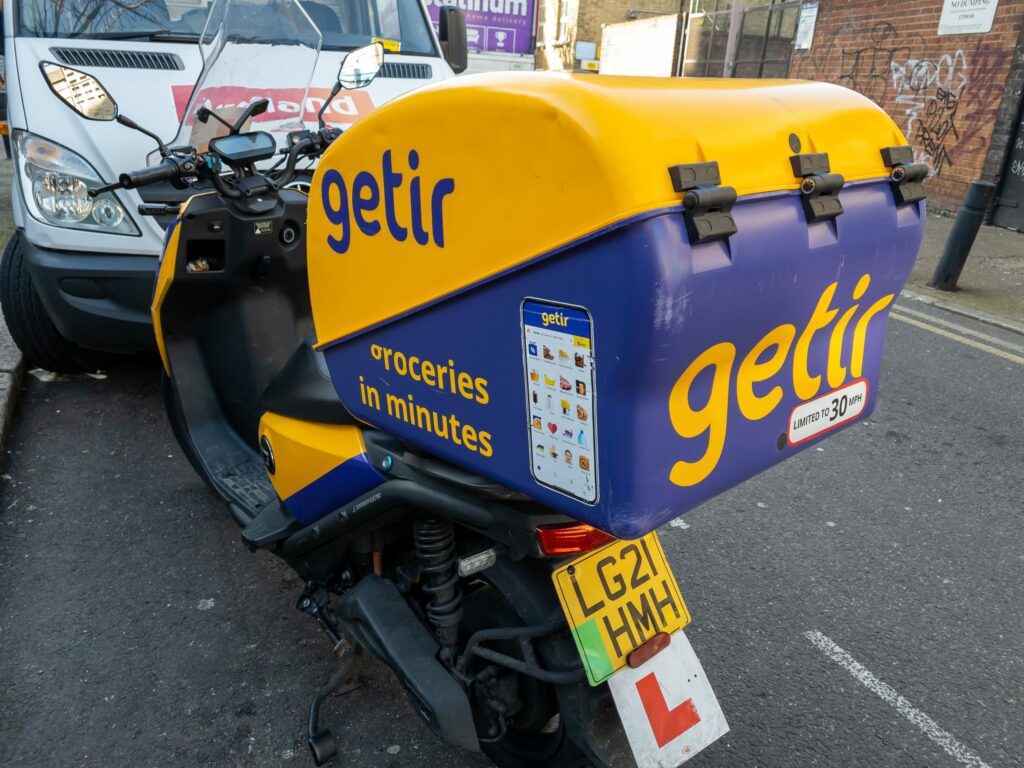// Morrisons launches line of “carbon neutral eggs” from hens fed on insects
// The hens laying the eggs are fed a soya-free diet, including insects fed on food waste
Morrisons has launched “carbon neutral eggs” from hens fed on insects, becoming the first supermarket chain to launch such a line.
The eggs are the first product to be sold as part of the supermarket chain’s drive to be directly supplied by zero emission British farms by 2020.
The hens laying the eggs are fed a soya-free diet, including insects fed on food waste from Morrisons’ bakery, fruit and vegetable sites.
This takes place by Morrisons using an insect “mini farm” container from British start-up Better Origin, installed on site.
READ MORE: Morrisons donates food from 497 stores to support communities
Morrisons said insects are a natural part of chickens’ diet and do not affect the quality, shelf life or taste of the eggs.
Cutting out the soya avoids the emissions associated with clearing forests and other land to grow the crop in places such as Brazil, and the transport pollution from shipping the feed.
The farm where the first stock of carbon neutral eggs is coming from also has a large wind turbine, solar panels and a programme to offset any remaining emissions on the farm, with a fifth of its land planted with trees.
The free range eggs will initially be available in 50 Yorkshire stores, and Morrisons’ new lower environmental impact store in Little Clacton, Essex.
The grocer plans a national rollout planned for 2023.
They cost 30p each or £1.50 for a pack of six.
“This is our first carbon-neutral product and there will be many more to come. It’s all part of our drive to be directly supplied only by ‘zero emission’ British farms by 2030,” Morrisons head of agriculture, Sophie Throup said.
“We know our customers consider the environmental impact of the food they eat and want affordable zero emission produce.
“Eggs are a regular weekly purchase for most households and so we’re thrilled that, after 18 months of hard work with our farmers, these eggs are finally hitting our shelves.”
Click here to sign up to Retail Gazette‘s free daily email newsletter

